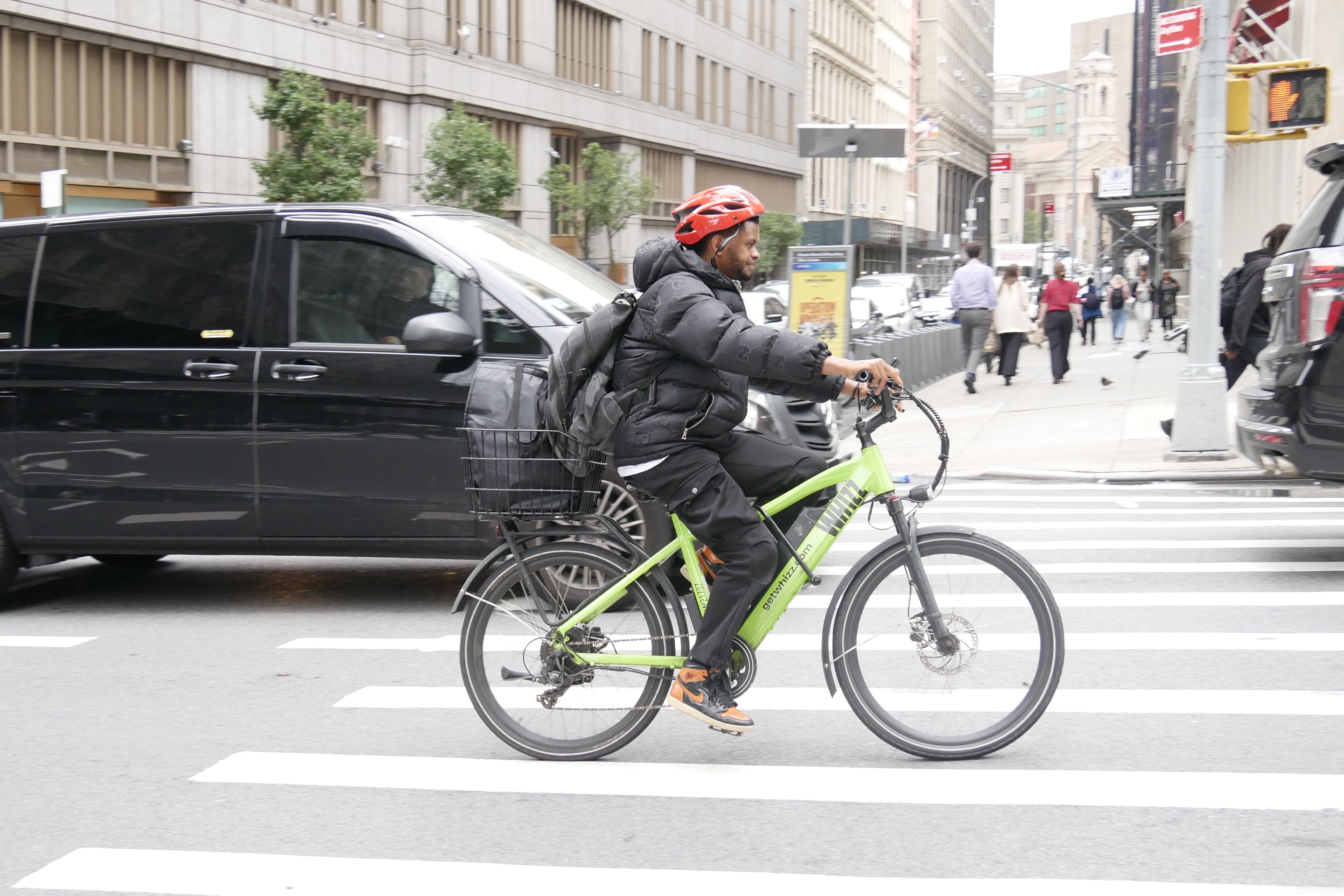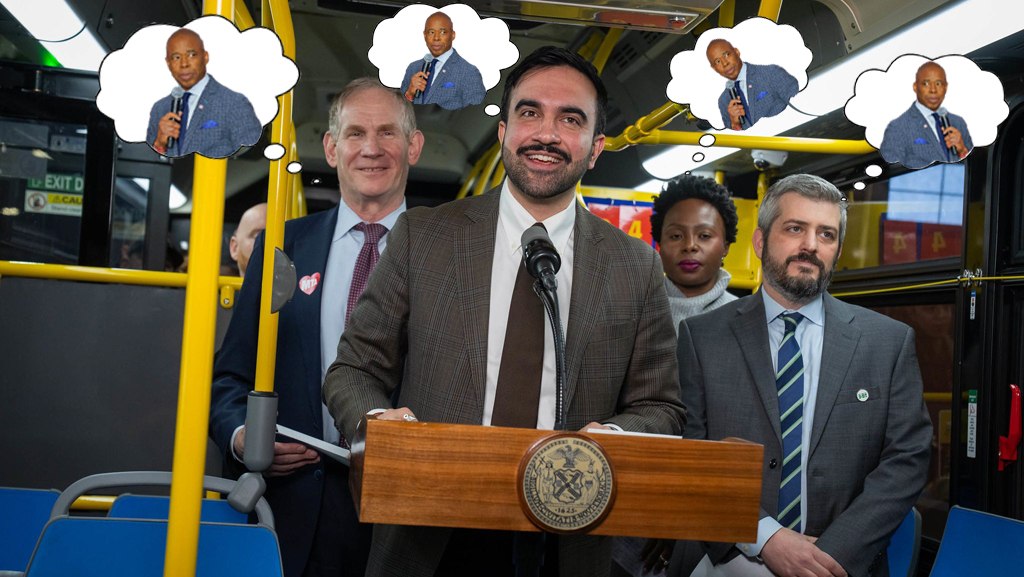
The Defeat of the Mt. Hood Freeway
A Clarence Eckerson Streetfilm
Running time: 11:42, 28.21 MB, QuickTime
In the midst of his reign has New York City's master-builder, Robert Moses proposed building a network of massive expressways through the middle of Portland, Oregon's inner-city core. One part of Moses' plan was to replace a stretch of vibrant, healthy neighborhoods with a 40-foot-deep trench that would have been called the Mount Hood Freeway.
Almost identical in design to the entrenched section of the Brooklyn Queens Expressway running through filmmaker Eckerson's Brooklyn neighborhood, construction of the Mount Hood Freeway would have eliminated one percent of all of the housing units in the entire city of Portland.
The plan had the blessings of everyone who was important in Portland politics and was considered a "done deal" until Portland's neighborhoods organized to stop it. The defeat of the Mount Hood Freeway, "radically altered the city of Portland forever," Eckerson says and set Portland on an entirely different trajectory. The story gives us a hint of how New York City could have been and could still be if we begin to prioritize neighborhood life ahead of the goal of moving motor vehicle traffic.

Today, many of the Mt. Hood Freeway's "ghost ramps" lead to bike paths and parks.

Portland's transit systems go out of their way to help commuters leave their cars at home.

Portland's growing lightrail system was built with money that would have been poured into freeways.





